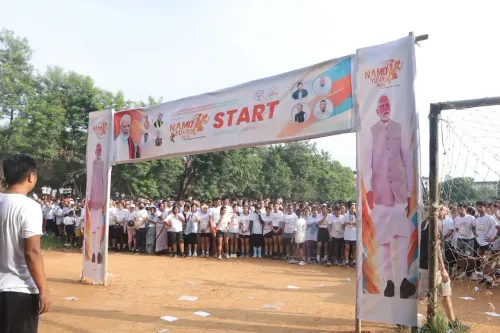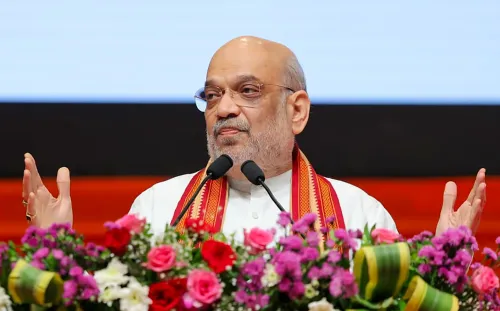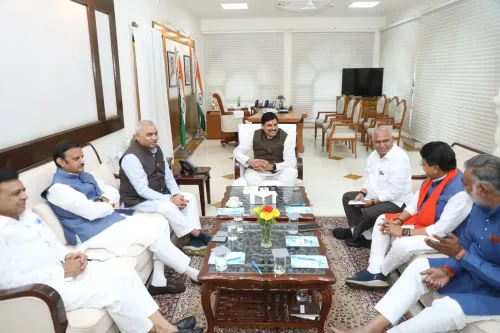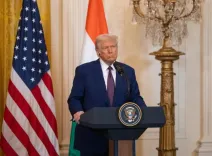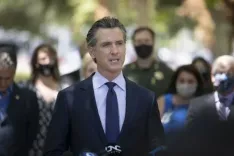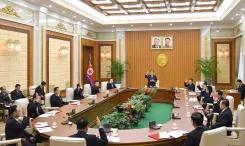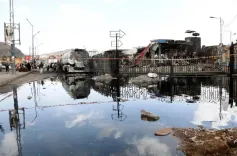Why Did the SC Stay the Calcutta HC Order on the New OBC List in Bengal?

Synopsis
Key Takeaways
- Supreme Court intervenes to stay Calcutta HC order.
- New OBC list crucial for recruitment processes in West Bengal.
- Executive authority reasserted in reservation matters.
- 140 communities expected to be included in the OBC list.
- Implications for Mamata Banerjee's government.
New Delhi, July 28 (NationPress) The Supreme Court has intervened on Monday by suspending a Calcutta High Court ruling that had halted the announcement of the new Other Backward Class (OBC) list in West Bengal.
A bench headed by Chief Justice of India (CJI) B.R. Gavai described the challenged Calcutta High Court verdict as both unexpected and prima facie incorrect.
The bench, which included Justices K Vinod Chandran and N.V. Anjaria, disagreed with the Calcutta HC's perspective that the West Bengal government needed the approval of the state Assembly before rolling out the new OBC list.
“How can the Calcutta High Court issue such a stay? Reservation is part of the Executive functions. This has been established law since the Indira Sawhney judgment, which affirms that the Executive has the authority to implement it. Executive instructions suffice for providing reservations, and legislative action is not mandatory,” the Supreme Court stated.
Following pleas from involved parties for the apex court to resolve the issue, the CJI Gavai-led bench issued a notice regarding the West Bengal government’s Special Leave Petition and scheduled a hearing for two weeks later.
“Notice issued. Meanwhile, the impugned order (from the Calcutta HC) is stayed,” announced the Supreme Court.
On June 17, a Division Bench of the Calcutta High Court had instructed the West Bengal government not to release the final notification for the new OBC list until July 31.
The bench, consisting of Justices Tapabrata Chakraborty and Rajasekhar Mantha, initially opined that the previous notifications regarding the fresh survey to create the new OBC list were potentially in violation of apex court directives.
The upcoming OBC list was expected to encompass 140 communities, and the interim stay was seen as a significant setback for the Mamata Banerjee-led state government.
In its appeal to the apex court, the state government contended that if the Calcutta High Court's interim stay on the final notification for the new OBC list remains until July 31, it would obstruct recruitment processes under this category, as previously mandated by the apex court.
Earlier, in May 2024, the Calcutta High Court had annulled all OBC certificates issued in West Bengal post-2010, effectively nullifying all such certificates issued during the current Trinamool Congress administration since 2011.
The West Bengal government subsequently appealed to the Supreme Court against this decision, which in March allowed the state government to conduct a new survey to identify OBCs.
Accusing the fresh survey process of blatant appeasement politics, a petition was submitted to the Calcutta High Court contesting the survey methodology.
The petition claimed that the state government was exclusively considering applications from the 113 OBC communities previously rejected by the Calcutta High Court last year.
In an interim ruling dated June 17, the Justice Chakraborty-led Bench ordered a stay on the issuance of the final notification for a revised OBC list in West Bengal until July 31.

